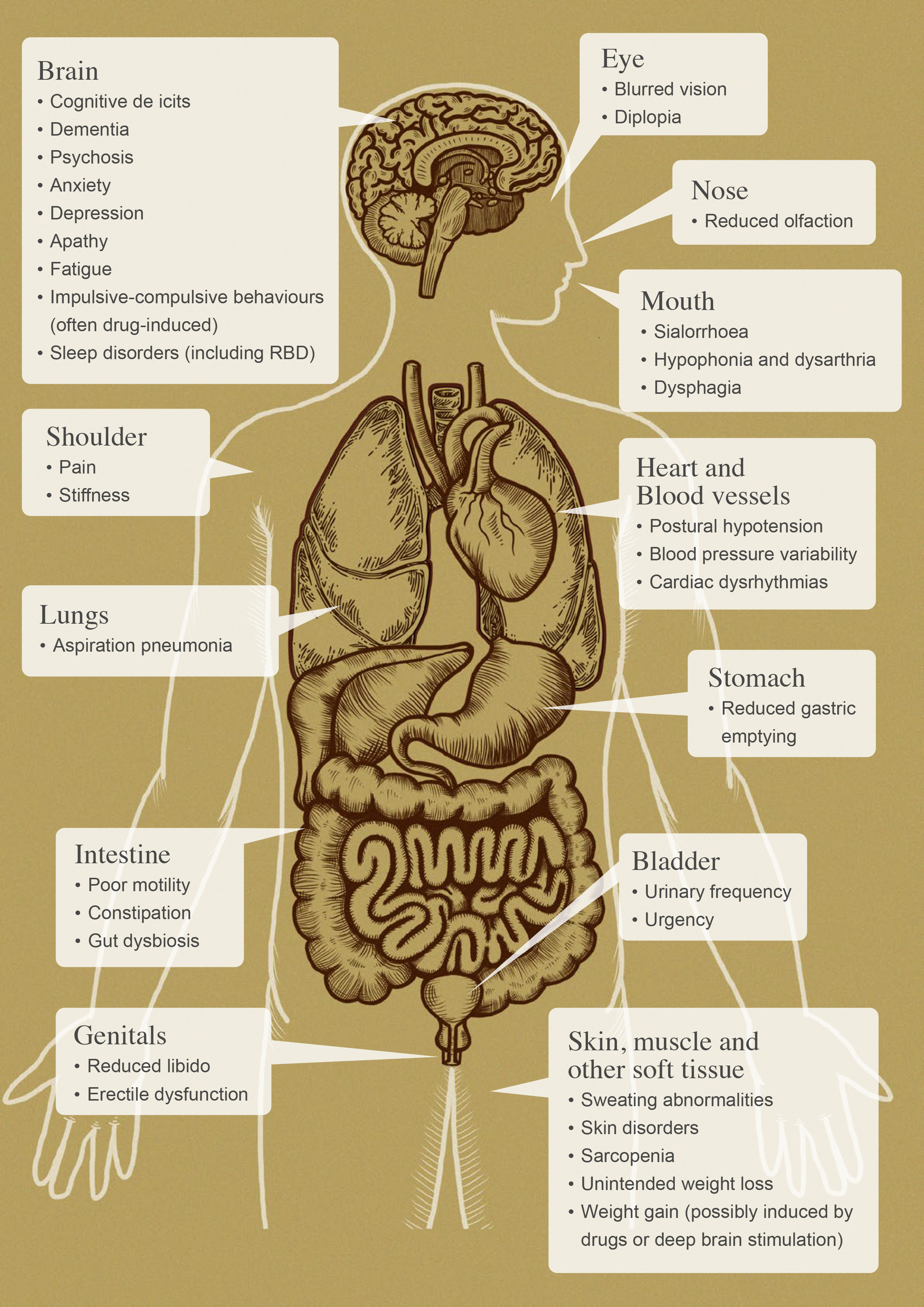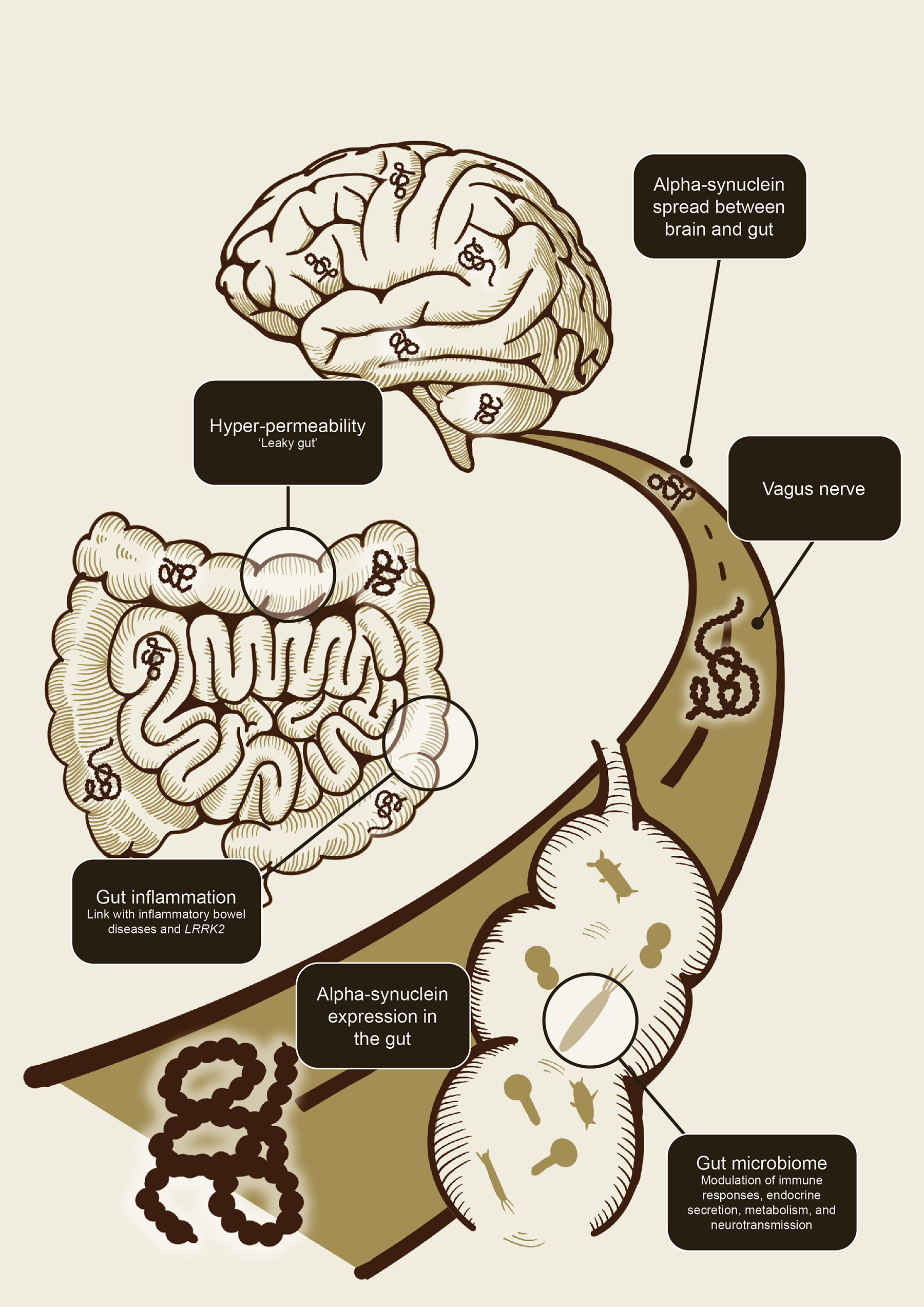When “Patients” are not “Patients” (Yet)
In this four-part series, we explore how earlier detection of brain disorders could improve patient care. Part 1 in this series introduces the concept of prodromal and preclinical disease—a state in which patients have markers of a disease but few or no symptoms. Part 2 focuses on efforts to identify (and treat) the early stages of schizophrenia. Part 3 takes a similar approach to two neurological disorders: Alzheimer’s disease and Parkinson’s disease. Finally, Part 4 explores the ethical implications of preclinical diagnosis and proposes some preliminary solutions for patients in search of answers.














